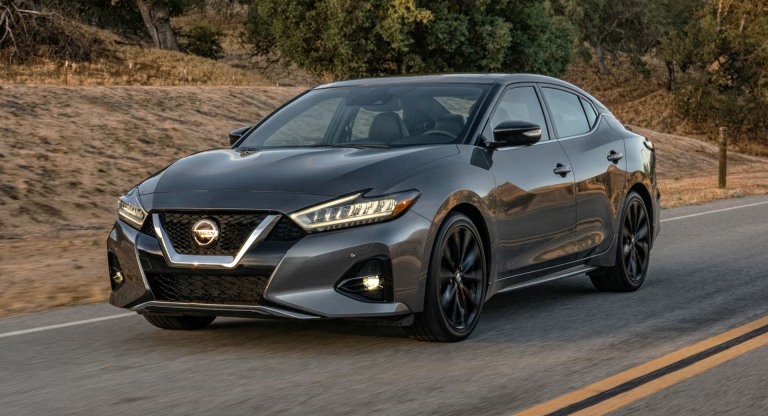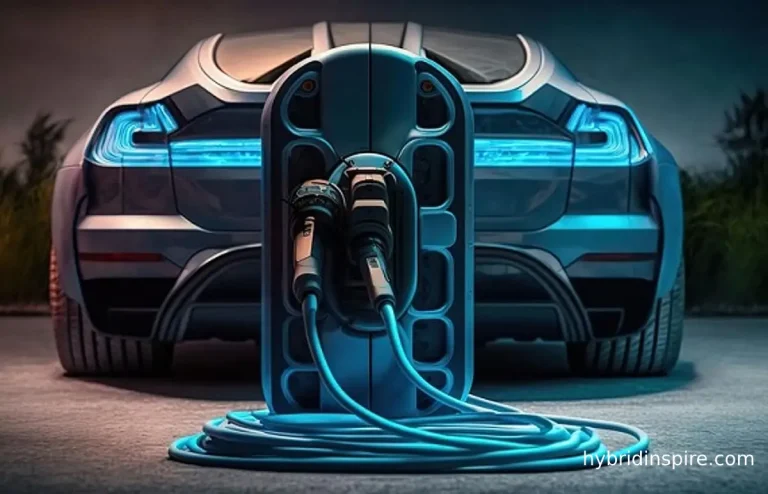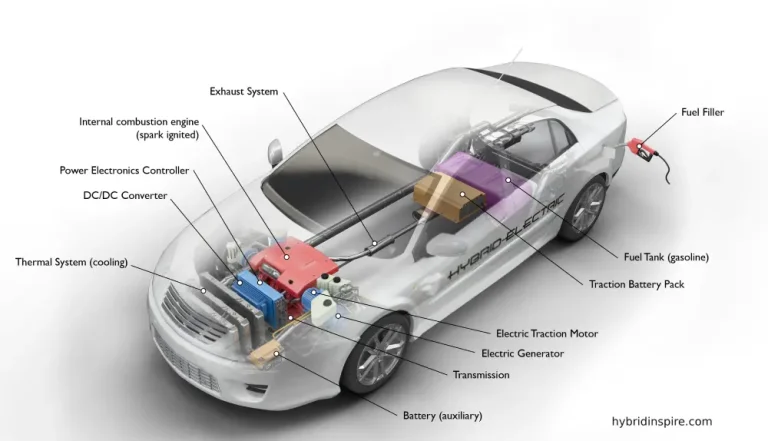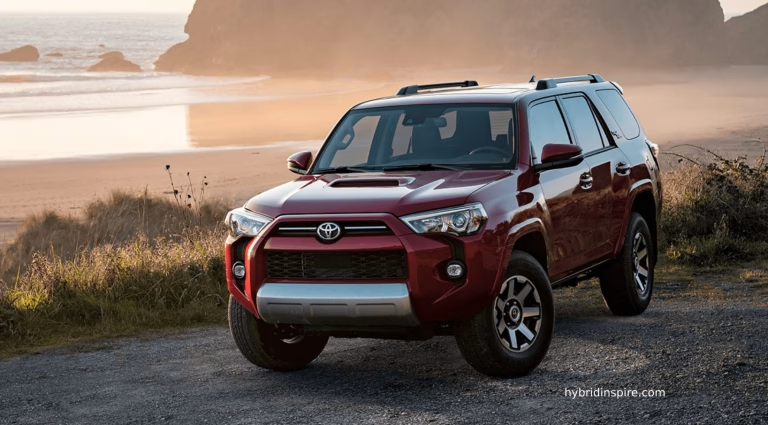Why Does Your Car Vibrates When Braking? The Shocking Truth Mechanics Won’t Tell You

If your car vibrates when braking, you’re experiencing a common but potentially serious issue that affects vehicle safety and performance. This vibration—ranging from subtle trembling to violent shaking—typically indicates problems with your braking system or related components that require immediate attention.
The shaking sensation you feel through the steering wheel, brake pedal, or entire vehicle isn’t just annoying; it serves as your vehicle’s warning system alerting you to mechanical problems that could compromise your safety on the road.
Table of Contents
7 Most Common Causes of Car vibrates when braking
1. Warped Brake Rotors
When brake rotors become warped due to excessive heat or wear, they create an uneven surface that causes vibration when the brake pads press against them. This is the most common cause of vibration when braking, particularly at higher speeds.
Signs of warped rotors:
- Vibration intensifies with firmer brake application
- Pulsating brake pedal
- Vibration most noticeable during moderate to high-speed braking
2. Worn Brake Pads
Brake pads that have worn unevenly or are nearing the end of their usable life can cause vibration as they struggle to grip the rotors properly.
How to identify:
- Squealing or grinding noise when braking
- Reduced braking performance
- Vibration accompanied by longer stopping distances
3. Caliper Issues
Stuck, seized, or improperly functioning brake calipers can cause uneven pressure on the rotors, resulting in vibration during braking.
Watch for:
- Vehicle pulling to one side when braking
- Uneven brake pad wear
- Burning smell after driving
4. Wheel Bearing Problems
Failing wheel bearings can cause vibrations that become more pronounced during braking.
Telltale signs:
- Humming or growling noise that changes with vehicle speed
- Vibration present even when not braking but intensifies during braking
- Loose steering feel
5. Tire Problems
Unbalanced, damaged, or unevenly worn tires can cause vibrations that seem to worsen when braking.
Look for:
- Visible tire damage or irregular wear patterns
- Vibration that varies with speed
- Steering wheel shimmy
6. Suspension Issues
Worn suspension components like control arms, bushings, or shock absorbers can amplify vibrations during braking.
Indicators include:
- Poor handling and excessive bouncing
- Vibration felt throughout the vehicle
- Uneven tire wear
7. Alignment Problems
Improper wheel alignment can cause vibration that becomes more noticeable during braking.
Common symptoms:
- Uneven or rapid tire wear
- Vehicle pulling to one side
- Steering wheel not centered when driving straight

How to Fix a Car vibrates When Braking
Immediate Steps for Safety
- Reduce your speed and avoid hard braking when possible
- Schedule an inspection with a qualified mechanic as soon as possible
- Pay attention to changes in vibration intensity or accompanying symptoms
Professional Repairs Based on Cause
| Problem | Repair Solution | Approximate Cost | DIY Difficulty |
|---|---|---|---|
| Warped Rotors | Resurface or replace rotors | $200–$500 | Moderate |
| Worn Brake Pads | Replace brake pads | $150–$300 | Moderate |
| Caliper Issues | Rebuild or replace calipers | $300–$800 | Difficult |
| Wheel Bearings | Replace wheel bearings | $250–$700 per wheel | Difficult |
| Tire Problems | Balance, rotate, or replace tires | $50–$800 | Easy to Moderate |
| Suspension Issues | Replace worn components | $300–$1,500+ | Difficult |
| Alignment Problems | Wheel alignment service | $75–$200 | Professional only |
DIY Inspection Tips
Before taking your car to a mechanic, you can perform these simple checks:
- Visual brake inspection: Look through wheel spokes for rotor condition (scoring, cracking, or rust)
- Tire inspection: Check for uneven wear patterns or visible damage
- Wheel movement test: With the car safely jacked and supported, grip the tire at 12 and 6 o’clock positions and gently rock to check for wheel bearing play
Preventing Vibration During Braking
- Regular brake inspections every 10,000-15,000 miles
- Proper braking technique: Avoid riding the brakes or sudden stops from high speeds
- Quality replacement parts: Invest in high-quality brake components
- Tire maintenance: Regular rotation, balancing, and proper inflation
- Address issues promptly: Don’t ignore minor vibrations as they often worsen over time
When to Seek Professional Help Immediately
Certain symptoms require immediate professional attention:
- Severe vibration that makes controlling the vehicle difficult
- Grinding or metal-on-metal sounds when braking
- Brake warning light illuminated on dashboard
- Significantly reduced braking performance or longer stopping distances
- Burning smell during or after driving
- Brake pedal feels soft or sinks to the floor
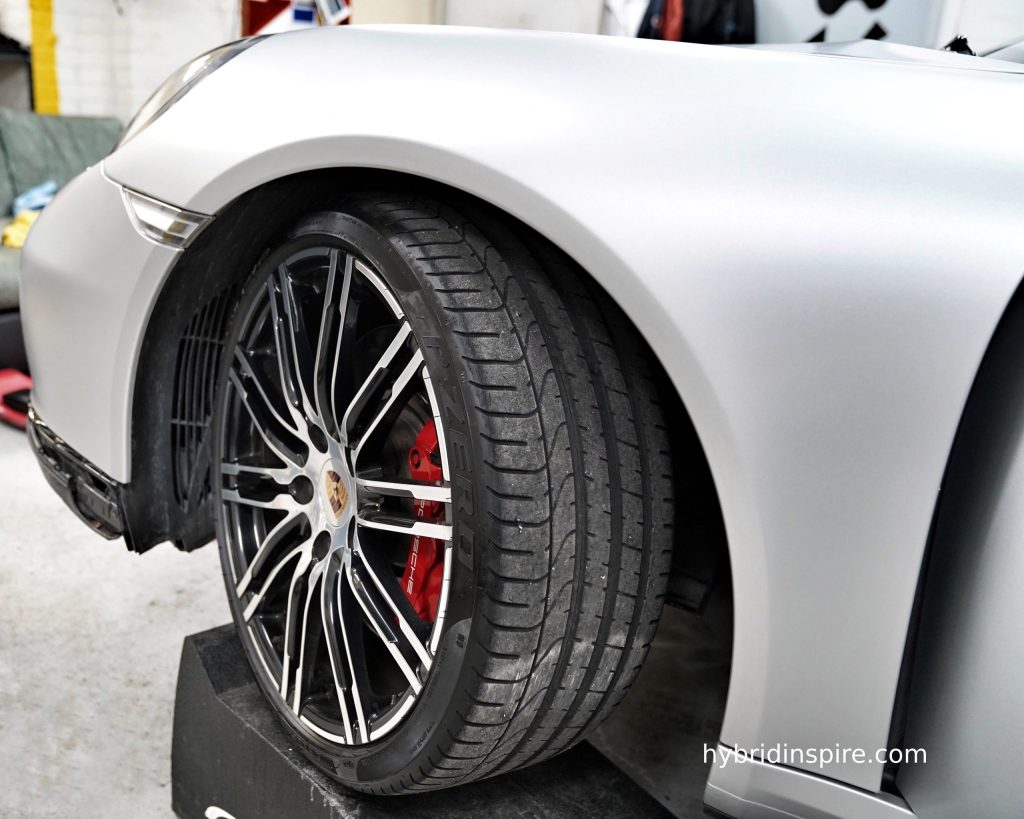
Frequently Asked Questions about Car Vibrates When Braking
1.Is it safe to drive when my car vibrates during braking?
While minor vibrations might not pose immediate danger, any brake-related vibration indicates a problem that could compromise safety. Drive cautiously and have the issue inspected as soon as possible. Severe vibrations should be addressed immediately as they can significantly impact your ability to stop safely.
2.How much does it typically cost to fix a car that vibrates when braking?
Repair costs range from $150 for simple brake pad replacement to $1,500+ for comprehensive brake system and suspension repairs. Most brake vibration issues cost between $300-$600 to resolve completely.
3.Can weather conditions cause temporary brake vibration?
Yes, in certain circumstances. Moisture buildup on rotors after rain or washing your car can cause temporary vibration that typically disappears once brakes dry out and clean themselves through normal use. However, persistent vibration regardless of weather indicates a mechanical issue.
4.How do I know if I need new rotors or if they can be resurfaced?
Mechanics typically measure rotor thickness and surface variation. If rotors exceed manufacturer specifications for thickness variation but still have adequate overall thickness, they can often be resurfaced. Severe warping, cracking, or rotors already at minimum thickness require replacement.
5.Will new brake pads fix my vibration problem?
New brake pads alone typically won’t resolve vibration if the underlying cause is warped rotors or other mechanical issues. However, if your vibration is specifically caused by worn or contaminated brake pads, replacement will solve the problem.
6.Can ABS activation cause vibration similar to brake problems?
Yes, ABS activation intentionally pulses the brakes rapidly during emergency stopping on slippery surfaces, creating a vibration and pulsation in the brake pedal. This normal safety function feels different from mechanical vibration issues—ABS pulsation only occurs during emergency braking on slippery surfaces and stops when you release the brake.
7.How often should brake rotors be replaced?
Most brake rotors last between 30,000-70,000 miles depending on driving habits, vehicle type, and rotor quality. Performance vehicles and aggressive driving styles may require more frequent replacement. Regular inspection is more important than following a strict mileage guideline.
Conclusion
When your car vibrates when braking, it’s sending an important message that shouldn’t be ignored. From warped rotors to alignment issues, understanding the potential causes helps you address the problem effectively and restore safety to your vehicle’s braking system.
Remember that while some minor issues can be inspected by DIY enthusiasts, brake system repairs often require professional expertise to ensure proper function. Investing in timely repairs not only eliminates annoying vibrations but also protects you and your passengers on the road.
By staying attentive to your vehicle’s warning signs and following proper maintenance schedules, you can prevent many brake-related vibration issues before they begin and extend the life of your braking system.
More Details : car vibrates when braking
Related: How to Extend the Life of a Hybrid Car Battery


